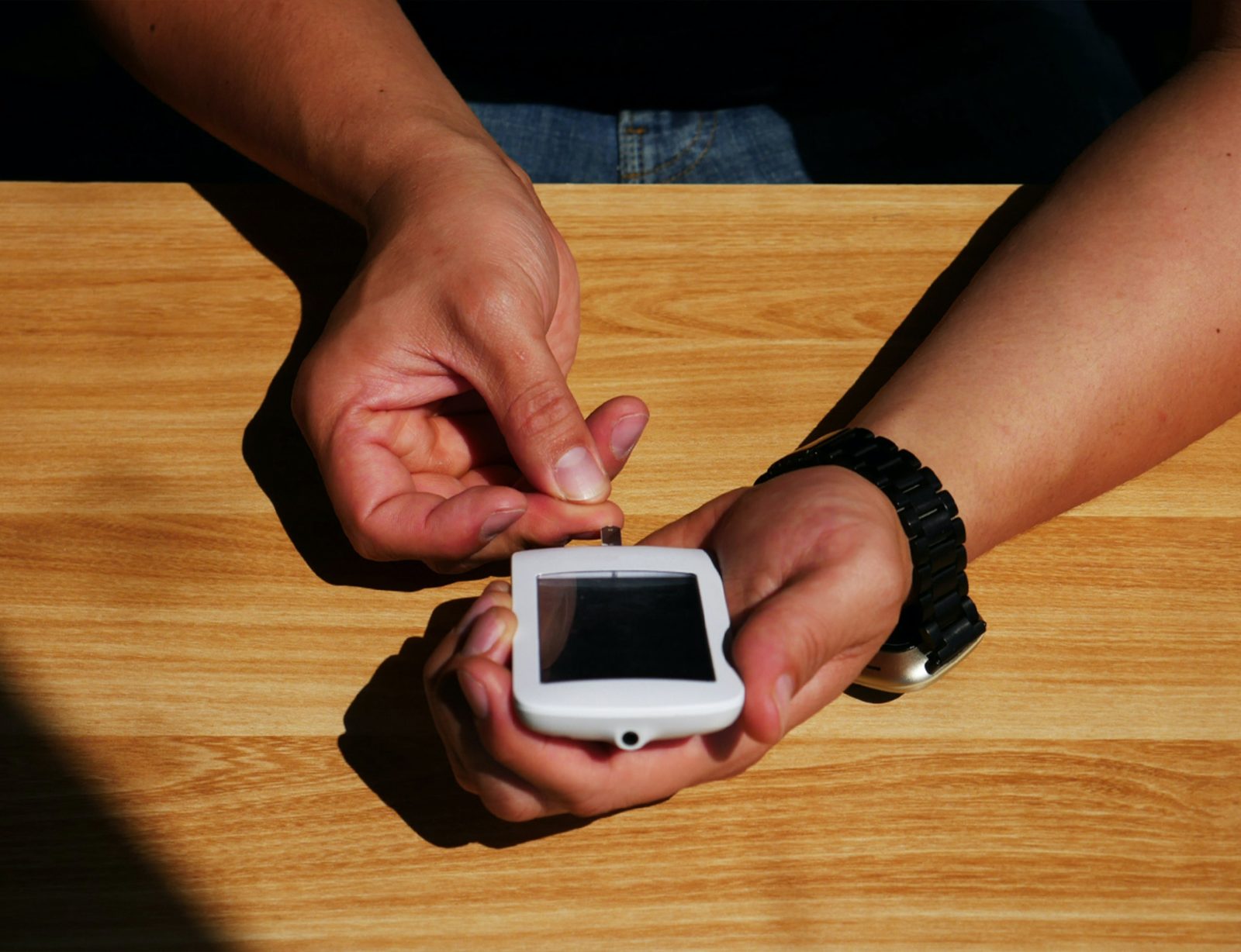If you’re a Type 2 diabetic looking for a simple change that could potentially extend your lifespan, then this article is just for you! We all know that dietary choices play a crucial role in managing diabetes. In recent years, an interesting shift has been gaining attention in the medical community: the possibility of replacing sugary sodas with a hot cup of Joe. In this article, we’ll take a deep dive into the potential benefits of this switch and explore how the bold choice of trading soda for coffee might just help you lead a healthier and longer life.
The study found that people who drank the most sugary beverages had a 20% increase in mortality risk.
A brief review of type 2 diabetes
The foundations of type 2 diabetes need to be reviewed before we delve into the advantages of coffee versus soda. The impaired glucose metabolism brought on by this chronic illness results in high blood sugar levels. Blood sugar control is highly sensitive to dietary choices, especially the intake of sugary beverages.
A bitter truth about soda
Despite their widespread popularity, sugary sodas are actually quite harmful to health and should be avoided. Sodas are notorious for rapidly raising blood sugar levels due to their high content of added sugars and empty calories. Type 2 diabetics face a double whammy because of their association with obesity and cardiovascular disease.
Coffee: an unexpected friend in need
The aroma of freshly brewed coffee is invigorating, and it may even be good for your health. According to recent research, coffee may have beneficial effects on type 2 diabetes. Coffee appears to have benefits beyond providing a jolt of energy in the morning. These benefits extend to boosting insulin sensitivity and lowering the risk of heart disease.
The danger of death from even one sugary drink consumed daily is substantial
The data came from two large-scale studies that have been ongoing since the 1980s: the Nurses’ Health Study and the Health Professionals Follow-up Study. There were a total of 15,486 patients with type 2 diabetes in this study, with women making up 73.6% of the sample.
With questionnaire updates every two to four years, the average duration of follow-up was 18.5 years.
The average participant’s risk of death from any cause increased by 8% for every daily serving of sugar-sweetened beverages they consumed.
Substituting a non-sweetened beverage for the sugary one reduced the risk of death to various degrees.
This study demonstrates the dangers of hidden sugars in beverages, according to Dr. Ana Maria Kausel, an endocrinologist at the telemedicine clinic Anzara Health.
Food is the first thing on everyone’s mind. However, Kausel insists that people pay more attention to the calories they consume through liquids than they do through food.
According to Hopkins, these results demonstrate the detrimental effects of diabetes on health and longevity.
It’s like the human body is balancing on a razor’s edge. The cliff is only five feet away if you don’t have diabetes, Hopkins added. But if you have diabetes, you’re already on the brink, and the choices you make—to smoke, to exercise improperly, to eat poorly—will push you over the edge. This study confirms the importance of exercising extreme caution while dealing with diabetic patients.
In a related editorial, a reliable source, the University of Cambridge School of Clinical Medicine professor and program leader Nita G. Forouhi, PhD, stated the study reveals the “choice of beverage clearly matters.”
Coffee, tea, plain water, and low-fat milk are the liquids most likely to have a favourable effect on health, according to Forouhi’s editorial. However, the data is less conclusive for artificially sweetened beverages and fruit juice. Since the new study’s findings in this patient group are generally consistent with those of earlier research in the general population, it may be concluded that “one important message” is that having diabetes does not have to be exceptionally restrictive.
These are the top “healthy” drinks available
Researchers found that people who converted from sugary drinks to ASBs such as low-calorie cola had a lower risk of death and cardiovascular disease, while those who switched from ASBs to coffee, tea, or water had an even lower risk.
Kausel says the problem lies in the widespread misconception that sugary drinks like fruit smoothies and juices are intrinsically healthy, despite the fact that these drinks contain quite a bit of sugar. Beverage firms have “infinite” marketing machines, he adds.
Making the switch: practical tips
Ready to make the switch? Here are a few tips to ease your transition from soda to coffee:
- Start with small amounts of coffee if you’re not a regular drinker.
- Opt for unsweetened versions to keep your sugar intake in check.
- Pay attention to how your body reacts to coffee and adjust your intake accordingly.
Embracing change for a sweeter tomorrow
Overall, Type 2 diabetics would greatly profit from swapping out soda for coffee. While individual results may vary, coffee’s ability to aid in glucose regulation, lower cardiovascular disease risk, and provide additional antioxidant benefits is encouraging.














Find Us on Socials